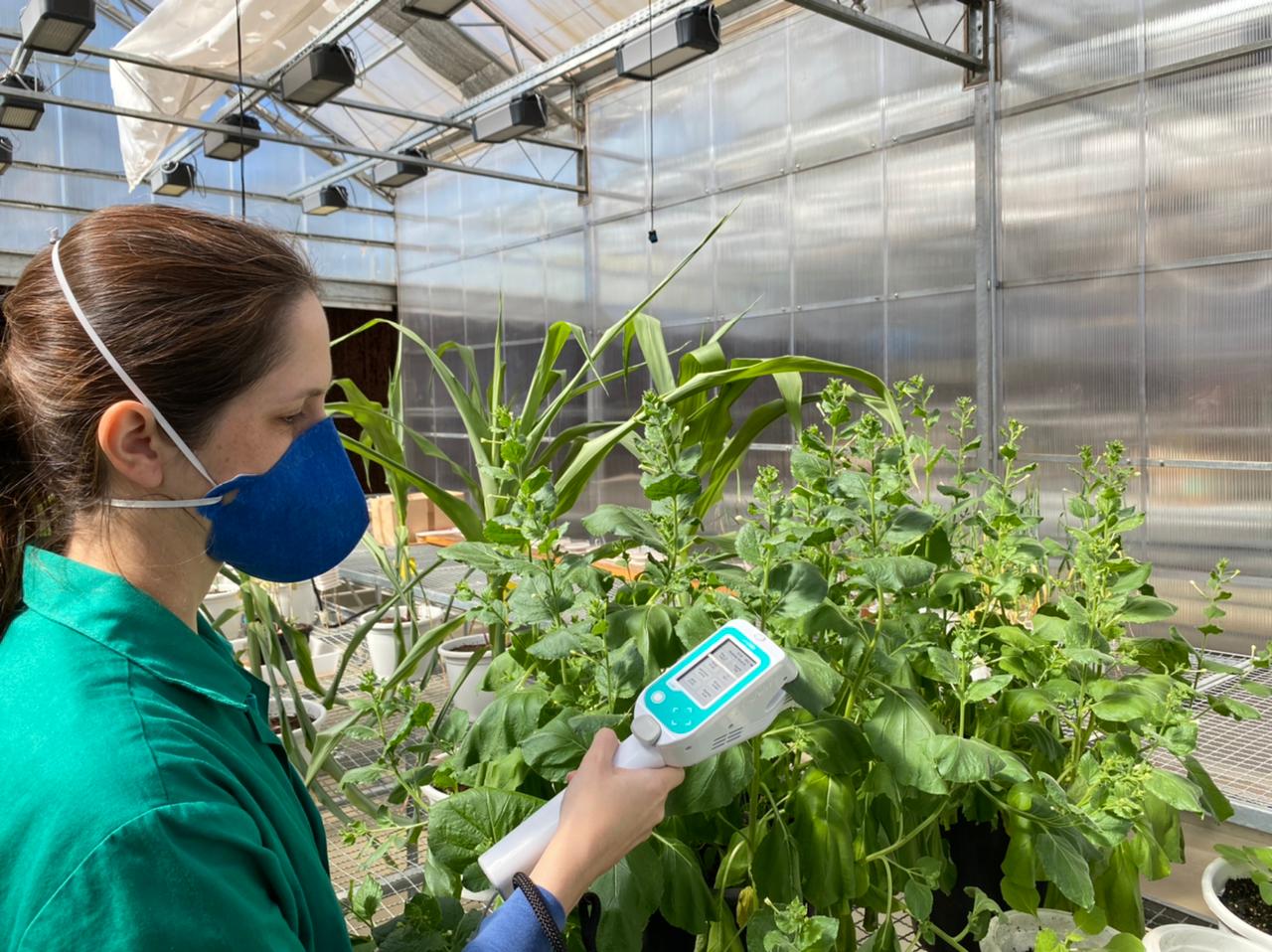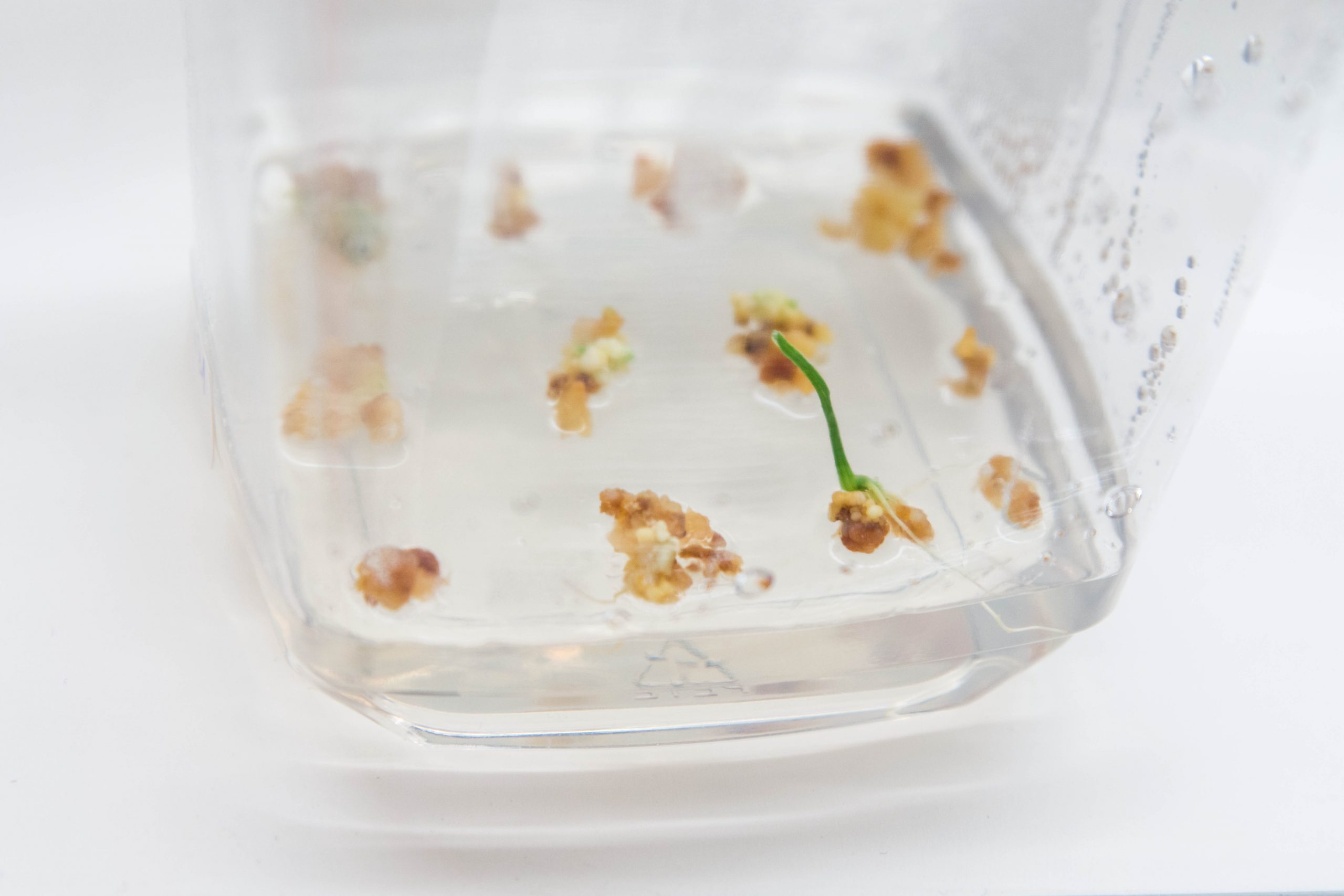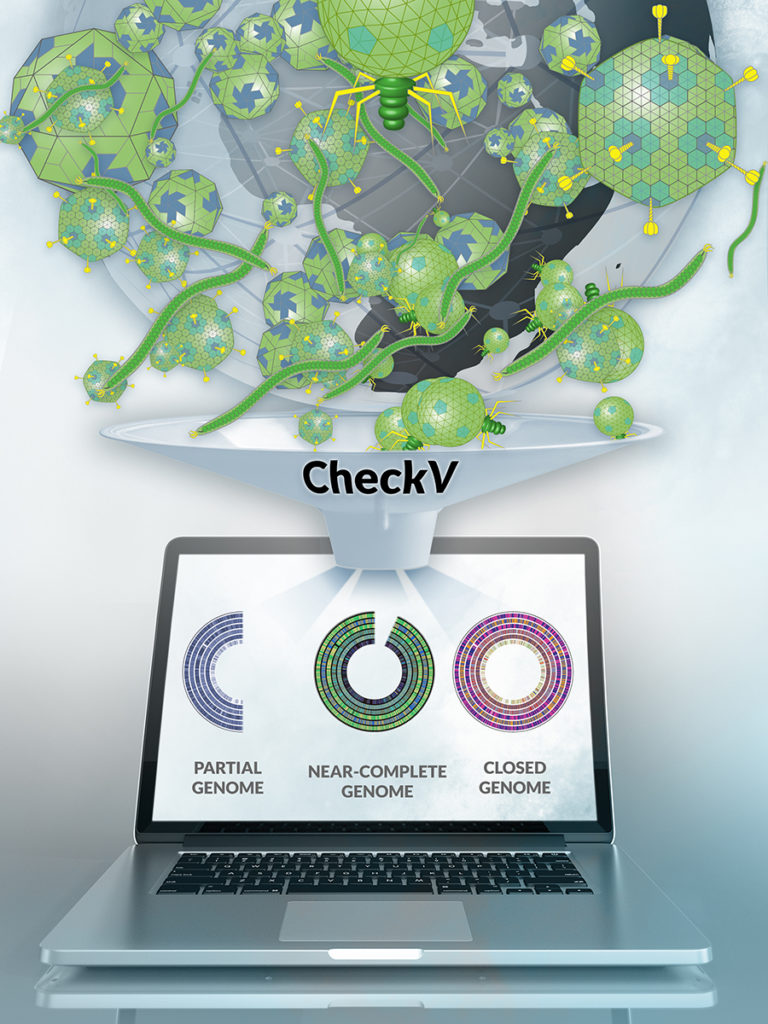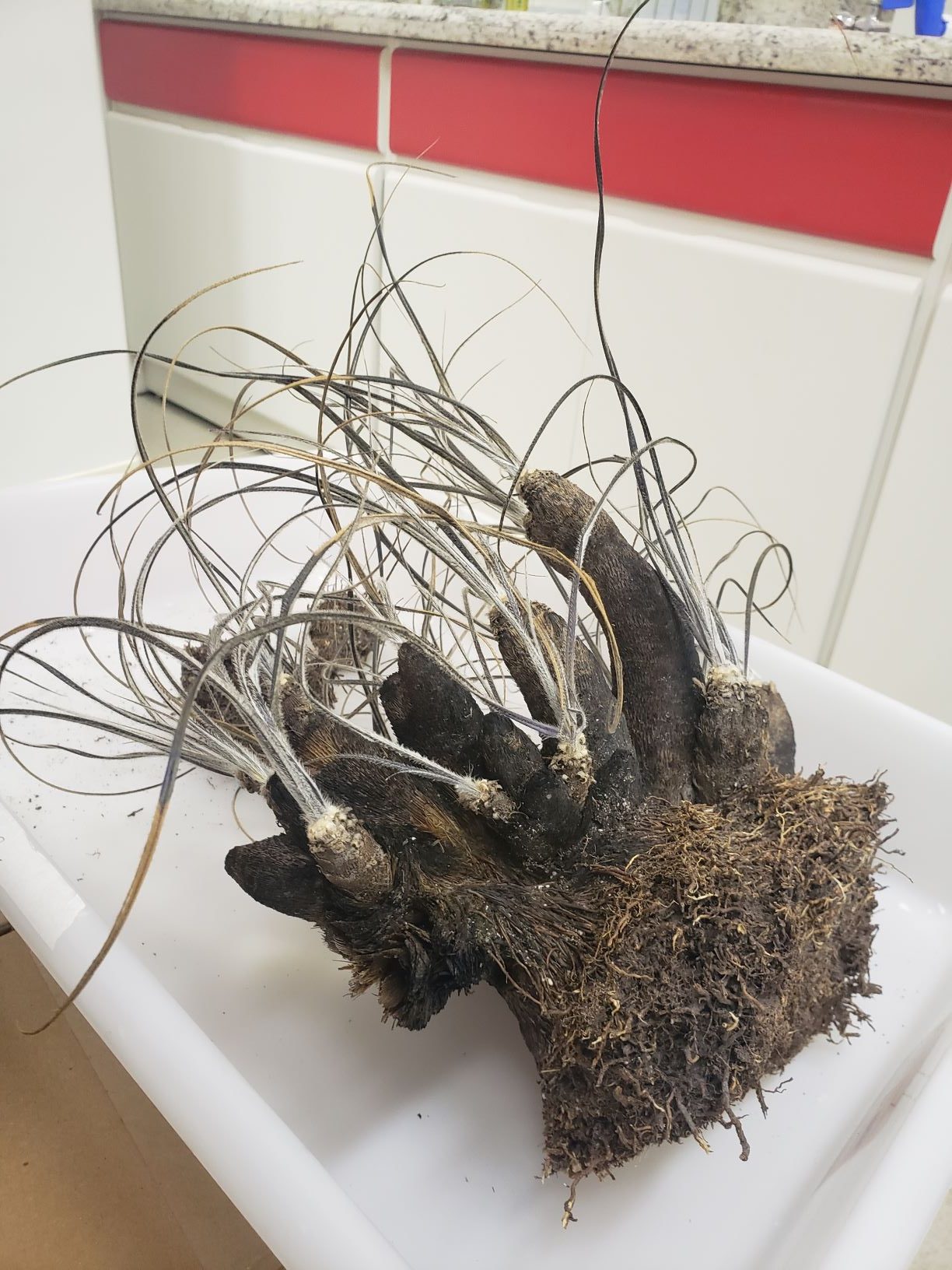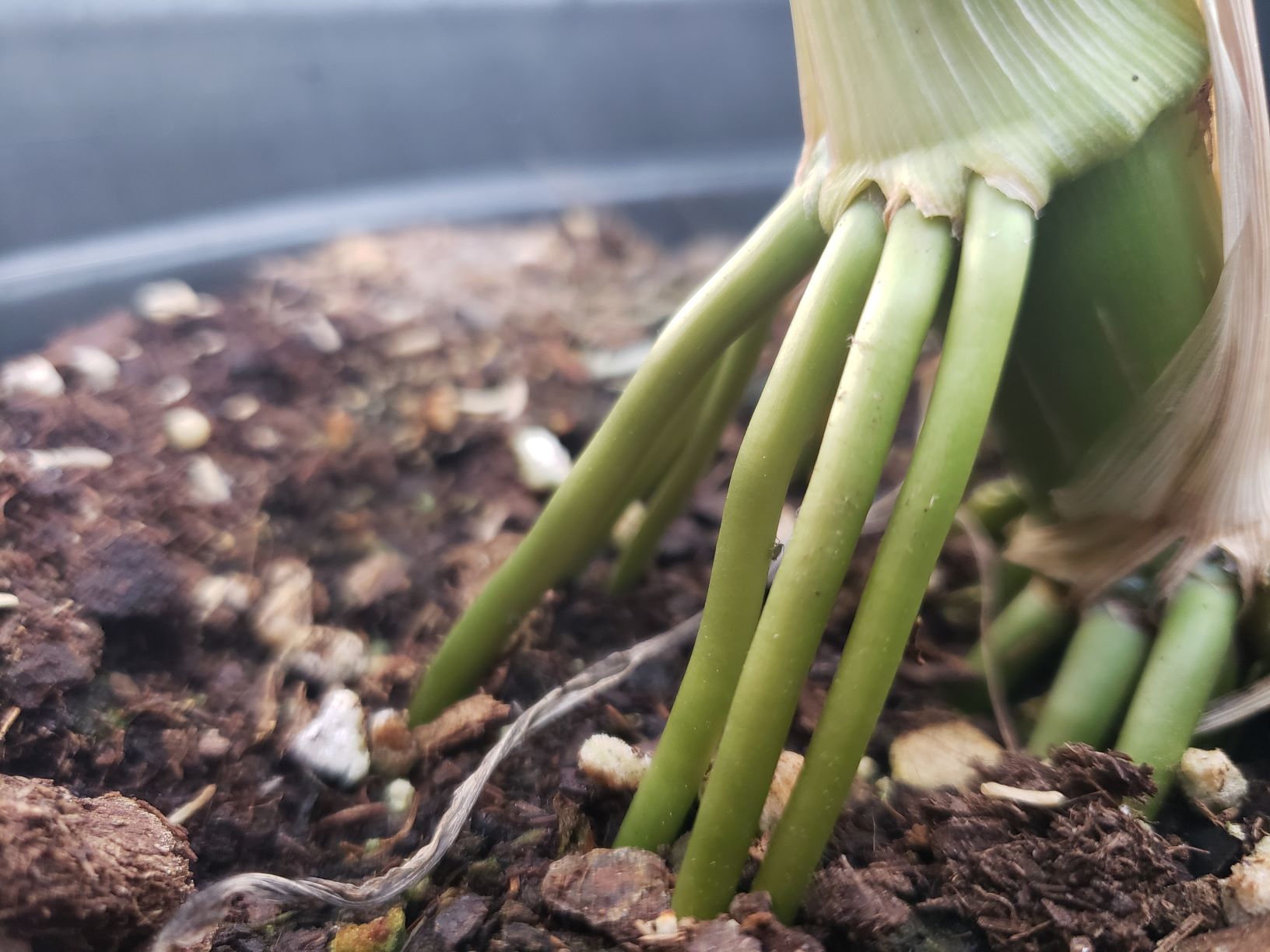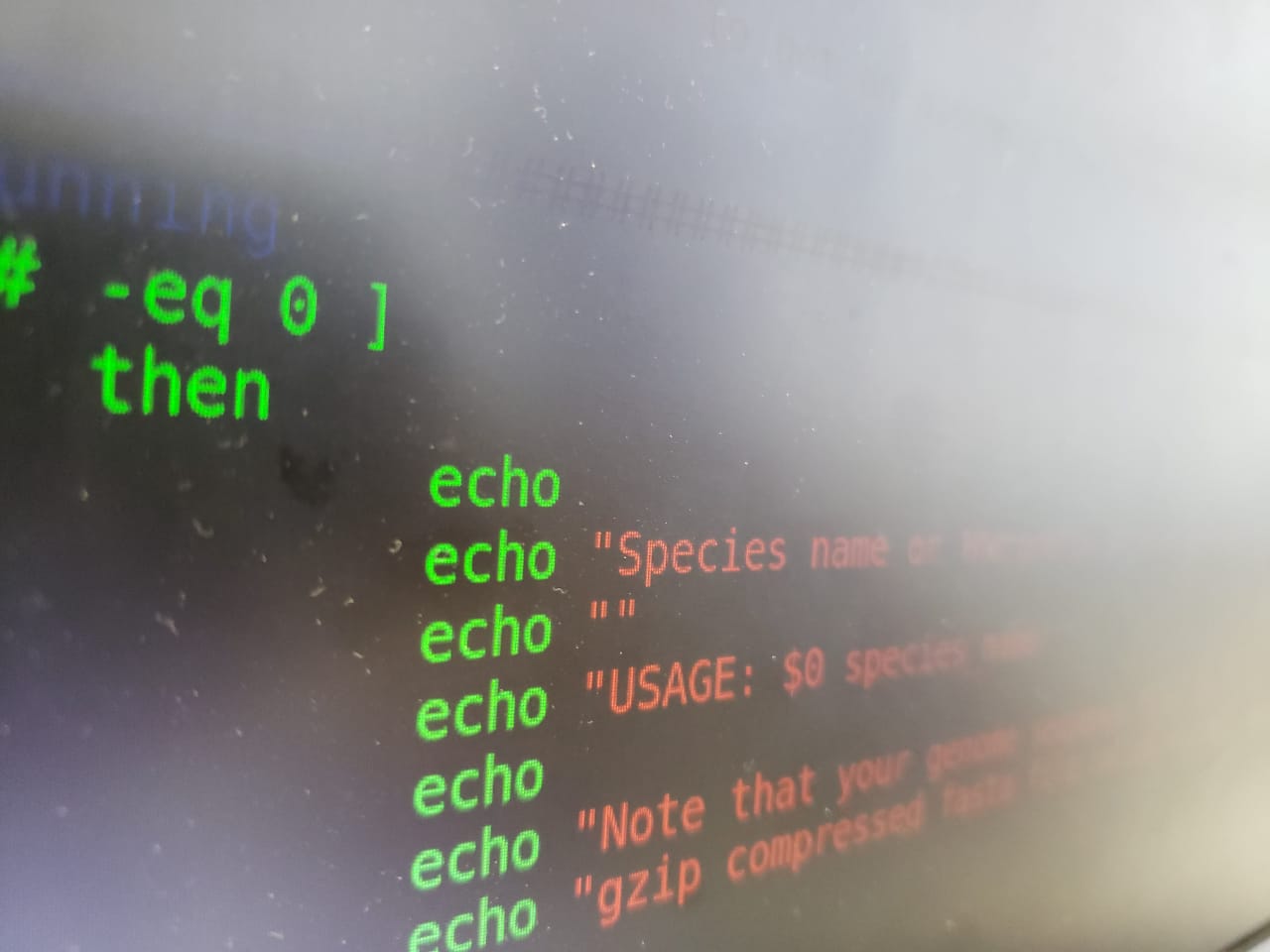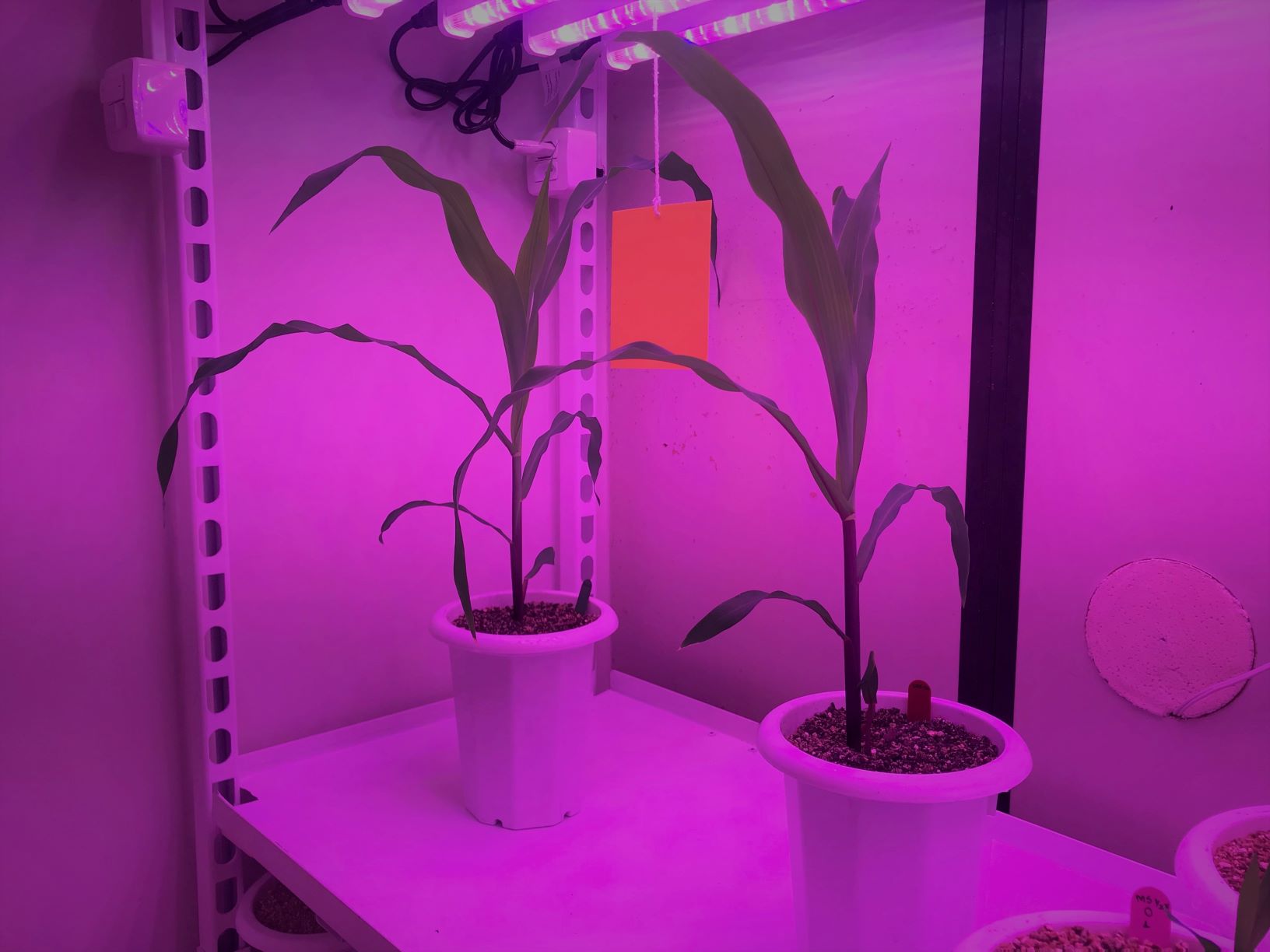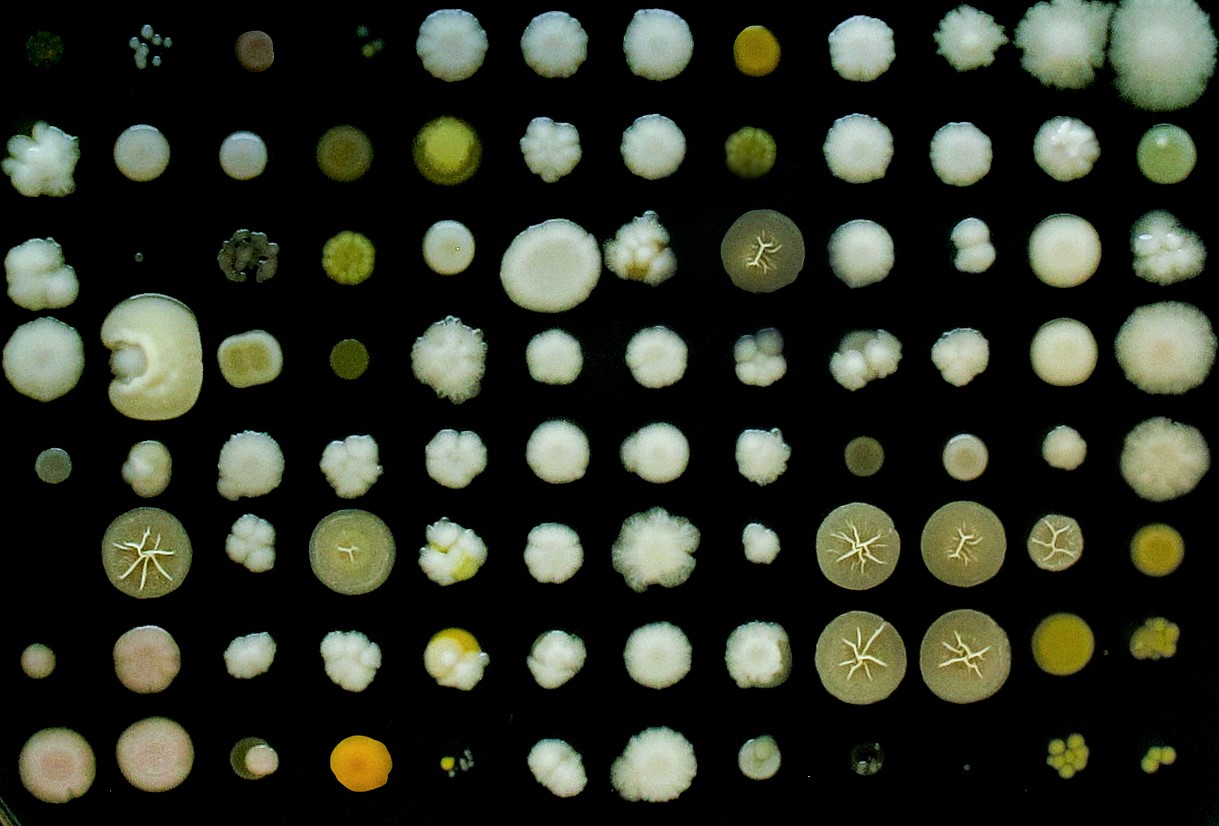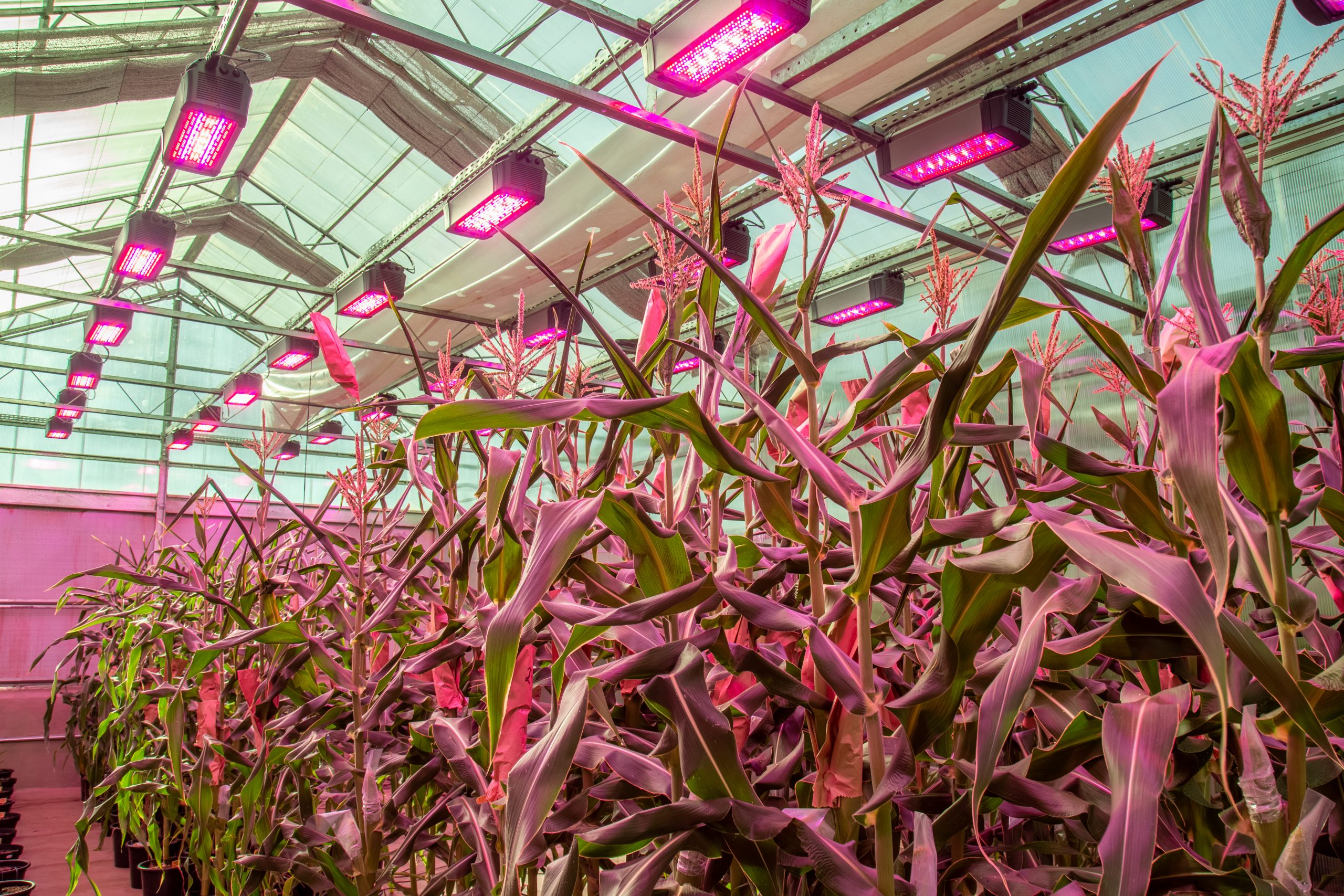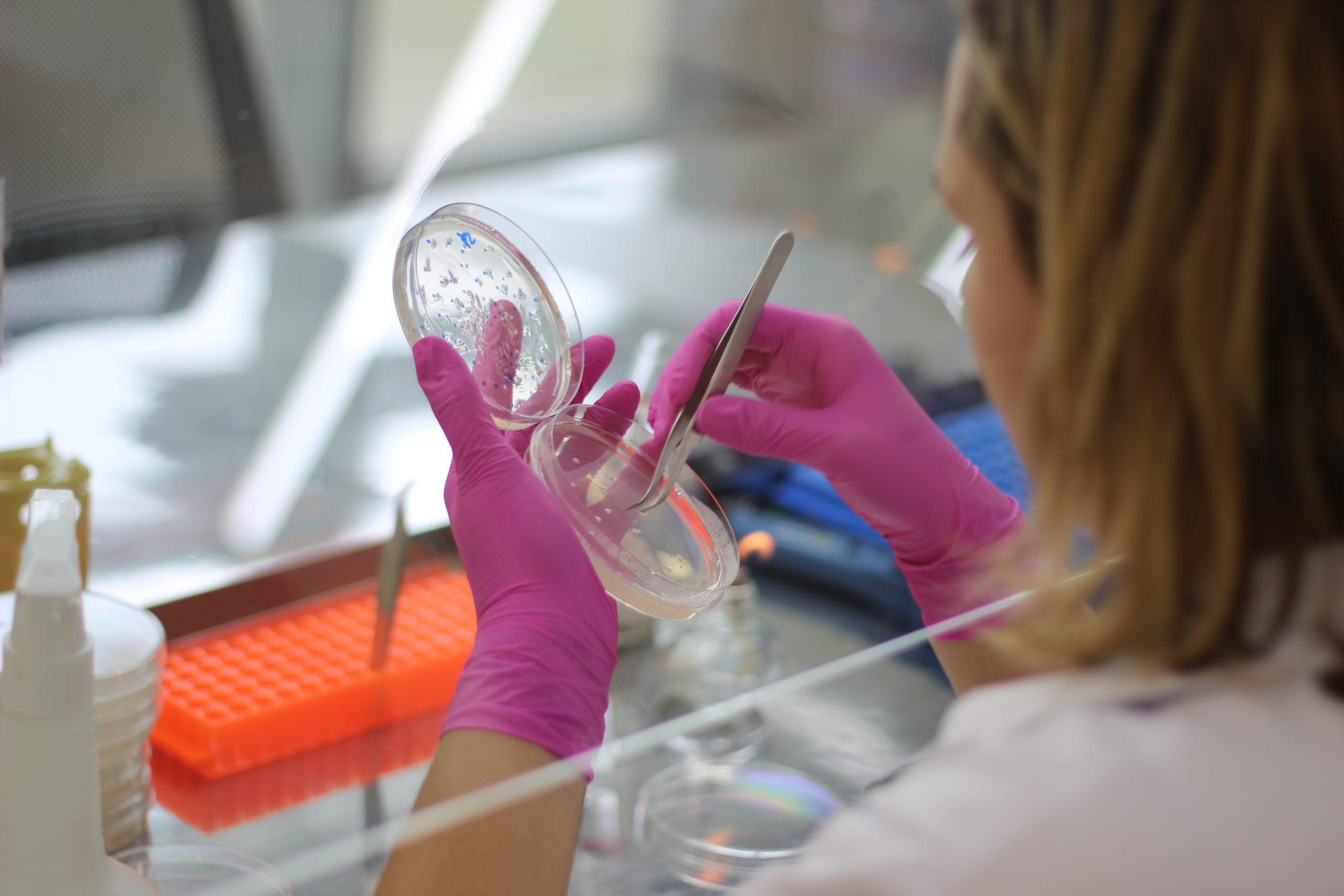Over the past decades, advances in plant biotechnology have allowed the development of genetically modified maize varieties that have significantly impacted agricultural management and improved the grain yield worldwide. To
O Centro de Pesquisa em Genômica para Mudanças Climáticas (GCCRC), um centro de pesquisa formado em parceria com a Unicamp e Embrapa, lança a terceira edição do curso “From
Through advances in sequencing technologies and computational approaches, more and more virus sequences are being recovered and identified from environmental samples (metagenomes). However, the quality and completeness of metagenome-assembled virus
The GCCRC is looking for a candidate for a Technical Training Level 3 (graduated) scholarship in plant microbiome. The grantee’s objective is to support the understanding of plant-microorganism interaction
The GCCRC is looking for an enthusiastic and talented candidate for a Postdoc position in the research area of plant microbiome. The candidate will work with the GCCRC research
The GCCRC is looking for an enthusiastic and talented candidate for a FAPESP Technical Training Level 5 (five years of experience in IT or PhD) in the research area of
The Genomics for Climate Change Research Center (GCCRC) is selecting a candidate for technical training level 3 (graduated students) for a Fapesp scholarship. The attribution is to support genotyping and
The growing interest in the microbiome functions and biotechnological potential in the last decade has taken a group of scientists from 28 research institutions around the world to unify the
We have an open Post-doctoral position with a Fapesp fellowship in genetic transformation. The researcher will be part of the plant genetics team and work on the optimization of corn
The Genomics for Climate Change Research Center (GCCRC) is selecting a candidate for technical training level 3 (graduated students) for a Fapesp scholarship. The attribution is to support plant genome

